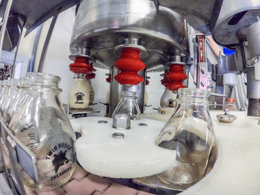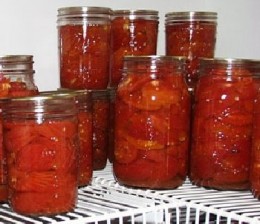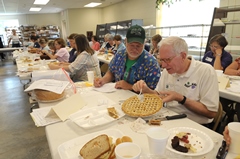
Join us for this unique opportunity to CONNECT with people from across the state, ENGAGE with new ideas about local food systems, and GROW the opportunities for your community!
What to Expect
The Kansas Local Food Summit will be held on Tuesday and Wednesday, August 27-28, 2024 in Wichita. The Summit will begin with a networking reception on Tuesday evening, followed by a full day of speakers, interactive learning sessions, and more opportunities to connect with people from across the state.
Who Should Attend
Anyone working in local food systems or interested in supporting local food system growth is welcome to attend, including producers, consumers, food policy council members, government employees, non-profit organizations, food businesses, and more! If you are looking for opportunities to learn how to bolster your local food systems and connect with like-minded Kansans, the Kansas Local Food Summit is a great choice. We have sessions planned that are relevant to a wide range of different food systems interests, including food access, food waste & recovery, food hubs, community engagement, food policy, farm to school, and more.
Keynote Information:
Morning Keynote: Leveraging Value Chain Coordination to Build a Better Food System – John Wittler, Executive Director, Ogallala Commons
Afternoon Keynote: Creating Food Secure Resilient Communities – Mary K. Hendrickson, PhD., Associate Professor of Applied Social Sciences, Director of the Interdisciplinary Center for Food Security
Registration
Early Bird Registration Fee: $40 through August 5th
Regular Registration Fee: $50 after August 5th






